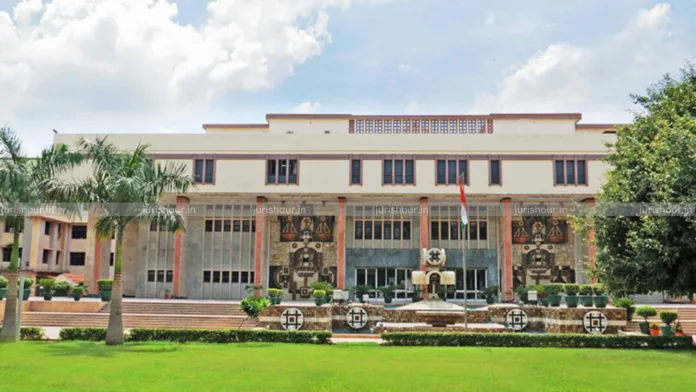The Delhi High Court has held that the concept of “proving beyond reasonable doubt” applies “strictu senso” to penal provisions/statutes. It is also trite that in taxing statutes, in particular, section 148 of the Income Tax Act, the “reason to believe”, must be based on objective materials, and on a reasonable view.
The bench of Chief Justice Devendra Kumar Upadhyaya and Justice Tushar Rao Gedela has observed that the basis for a valid reopening of assessment should be availability of tangible material, which can lead the AO to scrutinise the returns for the previous assessment year in question, to determine, whether a notice under section 147 is called for. Predicated on the judgments it can be safely inferred that the concept of burden of proof beyond reasonable doubt is not to be applied in tax cases.
The issue raised was whether the ITAT was not wrong in applying the principles enunciated by the SC in a criminal case where the discharge of burden of proof is beyond reasonable doubt, to the principle of “reason to believe” as provided in section 148 of the Act.
The principle has been followed by the Supreme Court in Deputy Commissioner of Income Tax v. M.R. Shah Logistics, (2022) 14 SCC 101) stating that the basis for a valid reopening of assessment should be availability of tangible material, which can lead the AO to scrutinise the returns for the previous assessment year in question, to determine, whether a notice under section 147 is called for. Predicated on the judgments it can be safely inferred that the concept of burden of proof beyond reasonable doubt is not to be applied in cases related to taxation.
The court directed ITAT misdirected itself in predicating its entire reasoning on an incorrect and inapplicable principle of law, which are confined to purely penal provisions, which is not the case here. Thus, on this error alone the impugned judgement is found to be unsustainable in law. Once the edifice of differentiating “reason to suspect” and “reason to believe” itself is on incorrect application of the principle, the consequential appreciation on merits too would suffer the same fate.
The court remitted the matter to the learned ITAT to consider de novo the appeal of the Revenue on merits including any issue/objections which may arise on law after giving sufficient opportunity to both the parties. The rights and cognitions of the parties are left open.
Case Details
Case Title: PCIT Versus M/S East Delhi Leasing Pvt. Ltd.
Case No.: ITA 61/2025
Date: 10.03.2025
Counsel For Appellant: Indruj Singh Rai
Counsel For Respondent: Rohit Jain

